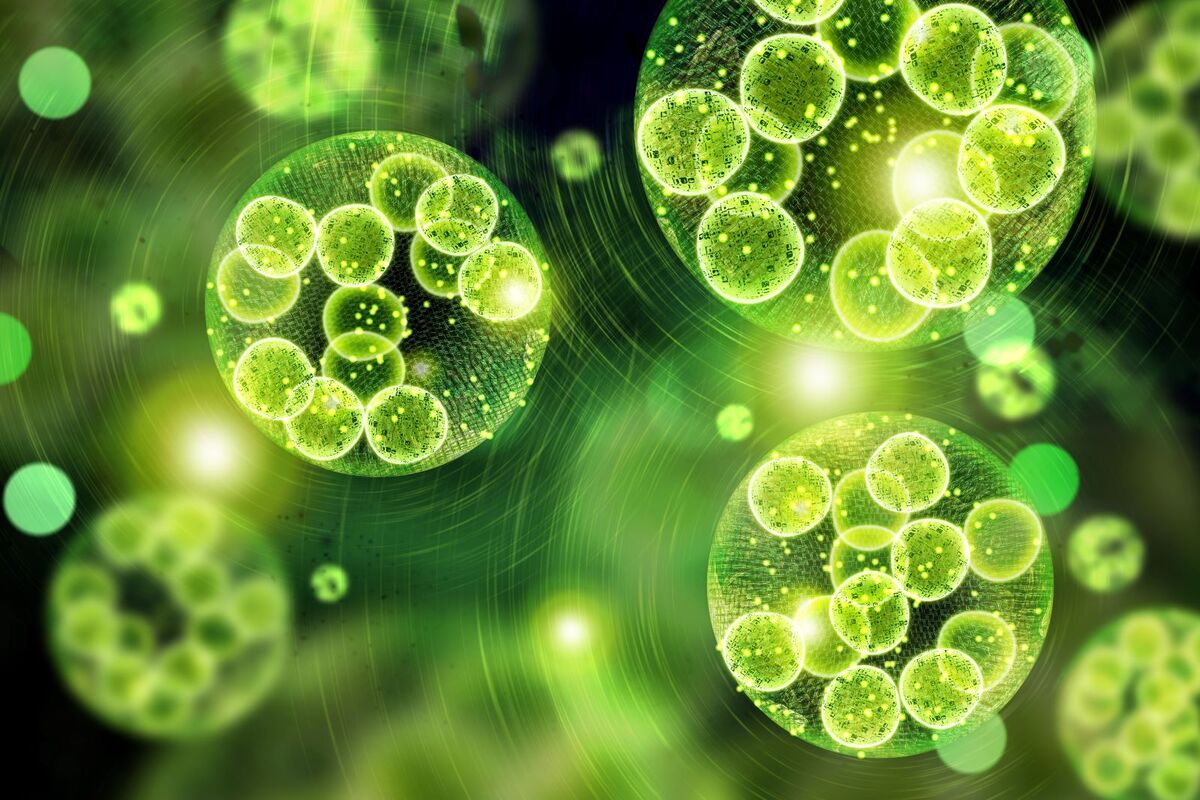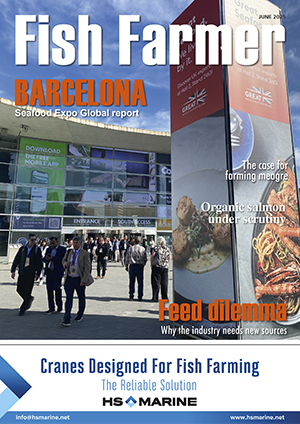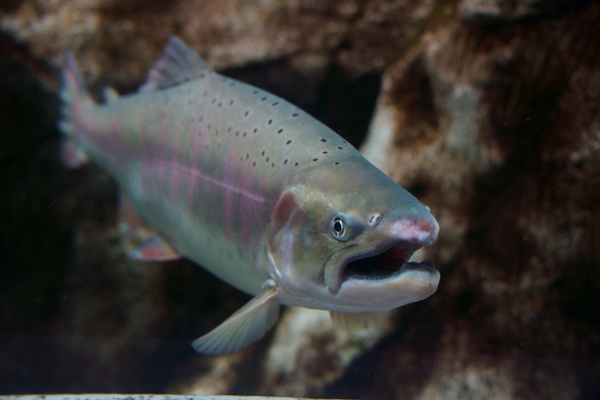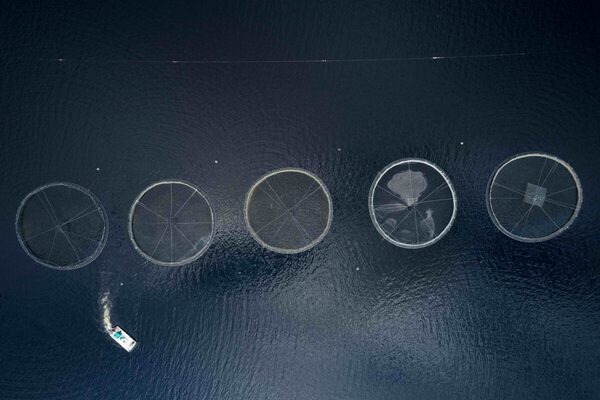Aqua Agenda: Harmful Algal Blooms webinar

Please register for FREE to continue reading Fish Farmer
Your FREE registration gives you access to all our content: news and feature articles, regular and special guest columnists, Fish Farmer Magazine e-editions, yearbooks, archives, videos and more
Farm Technician (Caol Mor) - Mowi Scotland
Skye & Lochalsh£27,236 to £30,504 per annum
Marine Operative - Bakkafrost Scotland Limited
Isle of Lewis£34,472.50 per annum
Marine Operative (2 weeks on/off) - Bakkafrost Scotland Limited
Portree£32,230.25 per hour
Marine Operative - Bakkafrost Scotland Limited
PA41 7AA£34,472.50 per annum
Marine Operative (2 weeks on/off) - Bakkafrost Scotland Limited
IV54 8XH£32,230.20 per annum




